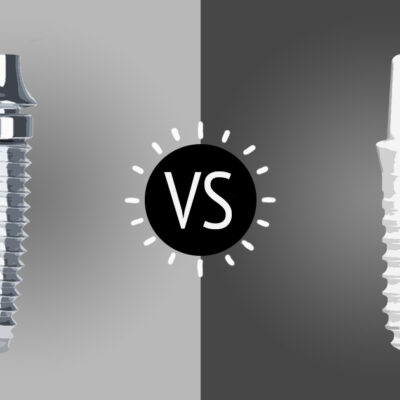All the metabolism of the body taken care by an hormone known as Thyroid. The oral cavity adversely affected by either a decrease or an increase of this hormone. Before undergoing any dental treatment or those under medication for thyroid dysfunction require a proper risk management. Thus communication of a dentist with an endocrinologist is of prime importance. Does it really impact your Dental Health, speak to your dentist now?
Dental professionals can overlook thyroid disease easily. When reviewing medical histories, dental professionals often focus on heart and lung conditions, high blood pressure, cancers, past and recent surgeries, and diabetes. Reviewing a patient’s medical history for all endocrine and autoimmune diseases is just as important. This disease has dental health issues that need to be taken into consideration before any dental treatment.
Thyroid dysfunction is the second most common glandular disorder of the endocrine system and is no.1 among women. Many patients go undiagnosed or have disease that is not well controlled. Dentist should be aware of the oral and systemic manifestations of thyroid disease so they can best treat the patient. If uncontrolled or undiagnosed thyroid disease is expected, it is important to contact the patient’s primary-care physician or endocrinologist prior to any elective oral procedures.
HYPOTHYROIDISM (Thyroid Health)
If your body makes too little thyroid hormone it is called hypothyroidism. Its defined vas decrease in these hormone production and thyroid gland function. Its caused by chronic thyroiditis, radioactive iodine, surgery.
Symptoms such as slow metabolic rate, weight gain, lethargy, intolerance to cold and heat, cool skin ,puffiness of face and eyelids seen. Blood pressure is normal but heart rate is slow. The common oral findings in hypothyroidism include macroglossia, thickening of lips, delayed eruption of teeth, poor periodontal health, altered tooth morphology and delayed wound healing.

HYPERTHYROIDISM (Thyroid Health)
If your body makes too much thyroid hormone, you can develop a condition called hyperthyroidism. Symptoms such as intolerance to heat, weight loss, increased appetite, tachycardia seen. The common oral findings in hyperthyroidism include susceptibility to caries, periodontal disease, accelerated dental eruption, burning mouth syndrome, Sjogrens syndrome, enlargement of extraglandular thyroid tissue.
Hyperthyroidism is caused by unregulated production of thyroid hormones and is characterized by tremors, intolerance to heat, sinus tachycardia, hypertension, increased appetite, and weight loss. A patient is at risk for hyperthyroidism if he or she has a family history of thyroid disease; has other systemic conditions, such as pernicious anemia, type 1 diabetes, or primary adrenal insufficiency; consumes large amounts of iodine; is over 60; is female; and/or has been pregnant in the last six months.
These symptoms will have an impact on one’s oral health. A regular dental and thyroid check-up is important. Dental health and Thyroid.
Royal Dental Clinics Dentist
If your blood reports show an increase or decrease in the thyroid hormone levels one should notify their dentist before undergoing any dental treatment. At Royal Dental Clinics, the dentists take a thorough case history of the patient to understand their underlying systemic conditions which will further alter the treatment plan . The dentists stress on the importance of patients endocrinologist consent for smooth and effective dental treatment.
Dental health and Thyroid:
Understanding of thyroid imbalances is importance for a dentist. Firstly, the dentist may be the first to suspect a serious thyroid disorder and aid in early diagnosis. Secondly to avoid any possible dental complications resulting from treating thyroid patients. Modifications of dental care must be considered when treating patients who have thyroid disease thus take proper medical history.
? Dental professional can protect the thyroid gland by using a thyroid collar while taking patient X-rays. The thyroid is sensitive to radiation, and excessive radiation exposure is a known risk factor for various thyroid conditions.
Awareness of the condition and current stage of treatment is important in understanding the possible modifications needed for dental treatment. Important to understand the metabolic control of patients. The main complications of patients with hyperthyroidism and hypothyroidism are associated with heart comorbidity. Dental professionals have a responsibility to be aware of the different dimensions of the disease and treatment that could affect a patient whose medical history reflect thyroid problems.

Conclusion to Dental health and Thyroid
Dental treatment modifications may be necessary for dental patients who are under medical management and follow-up for a thyroid condition even if there are no comorbid conditions. Stress reduction, awareness of drug side effects or interactions, and vigilance for appearance of signs or symptoms of hormone toxicity are among the responsibilities of the oral health care provider.
© All rights reserved by Royal Dental Implants Pvt Ltd
Issued in public interest






Thanks for these Dental health & Thyroid Health. Its defined vas decrease in these hormone production and thyroid gland function.